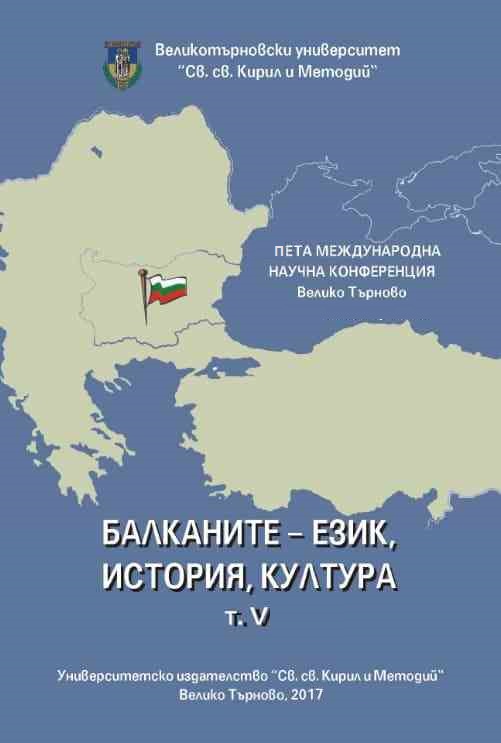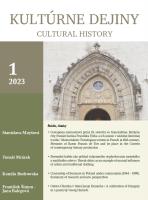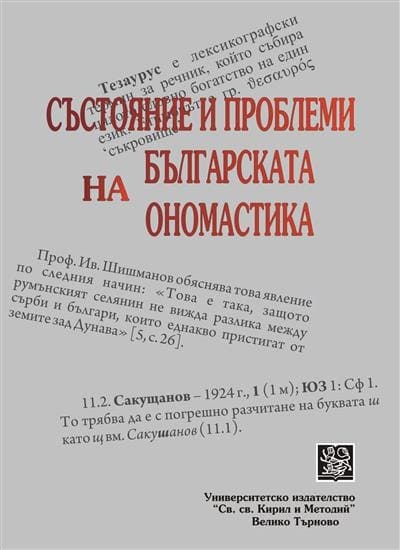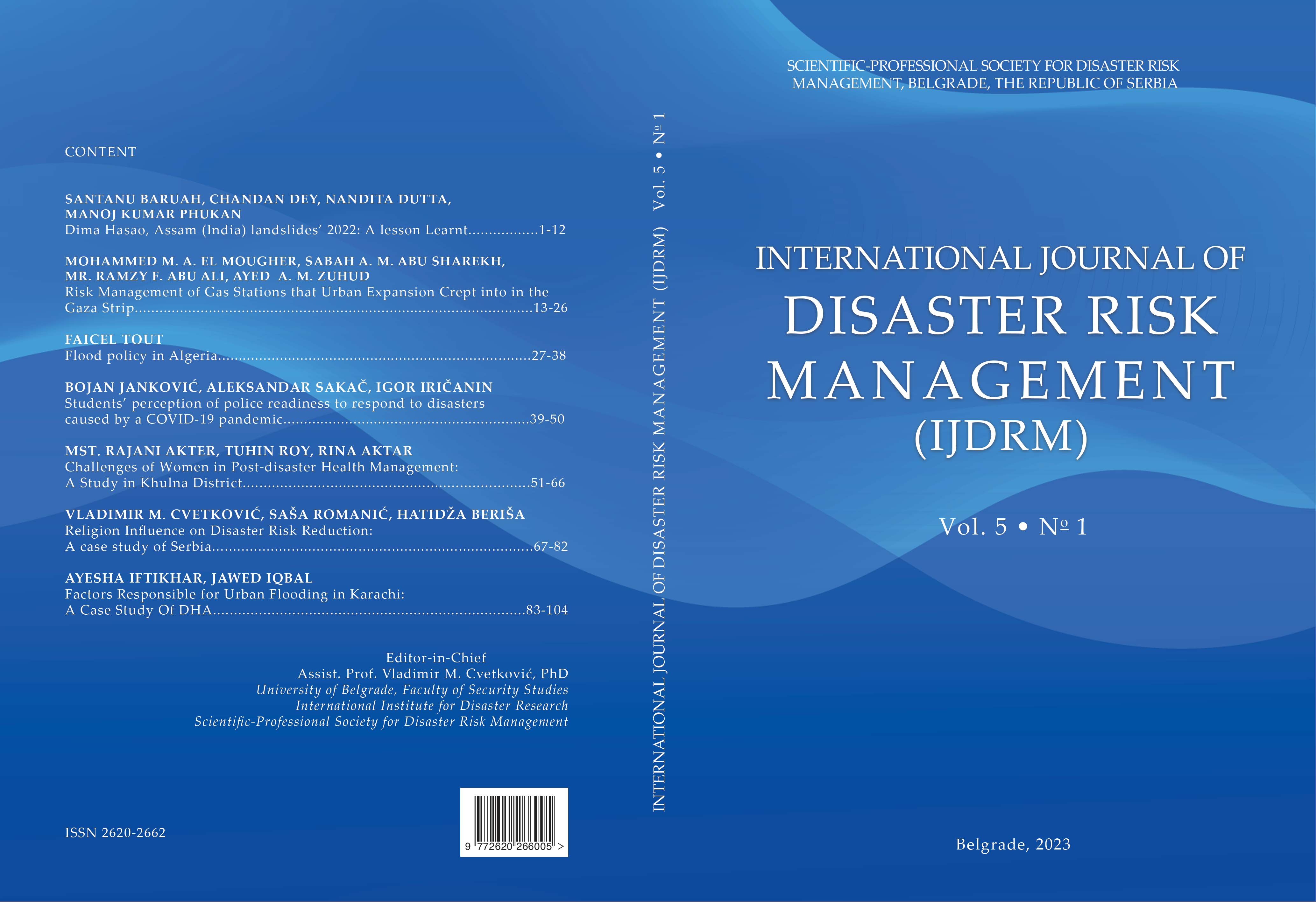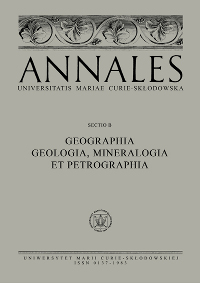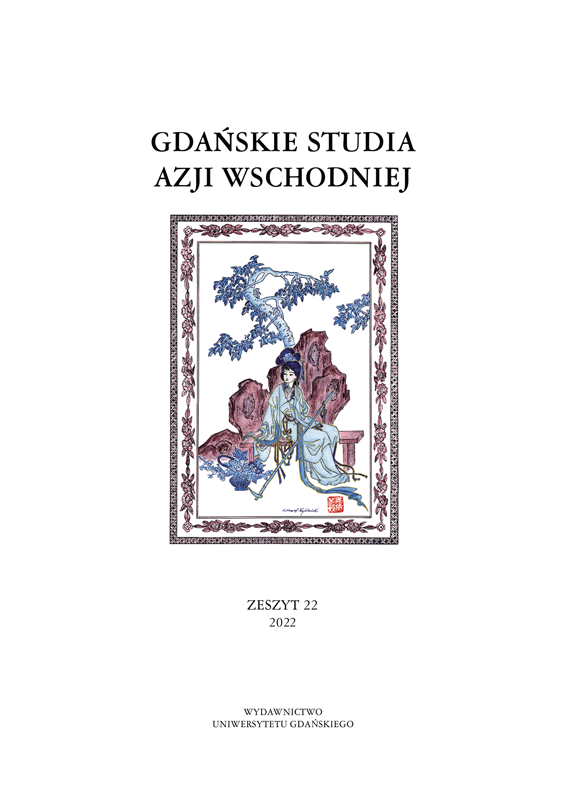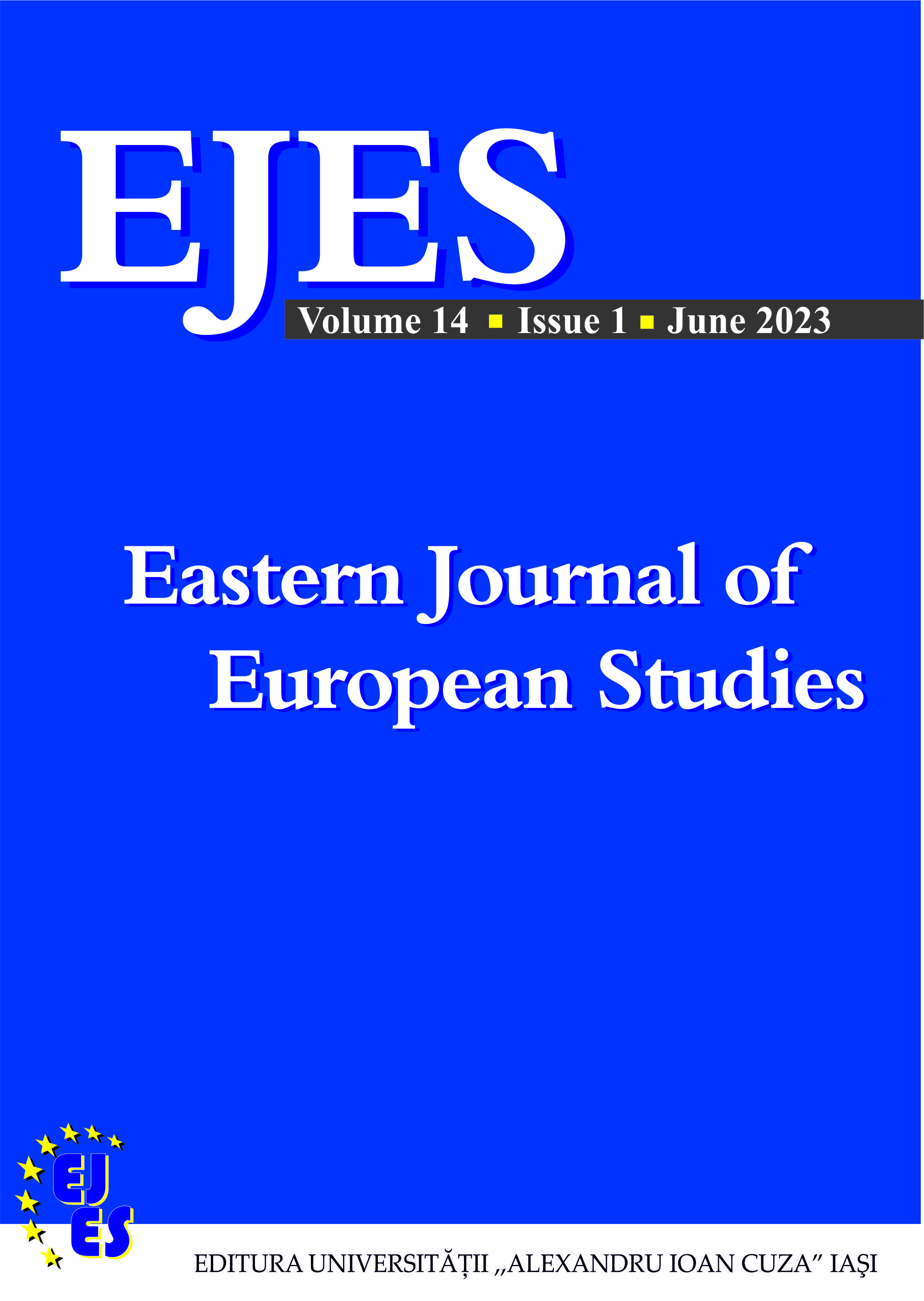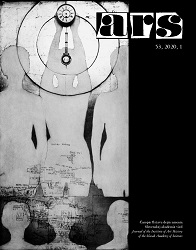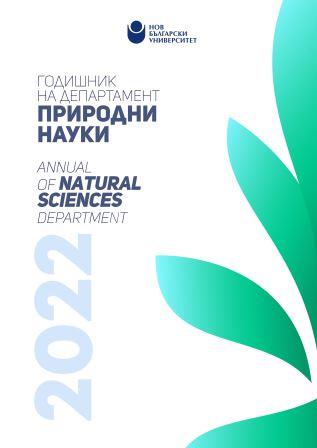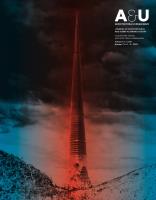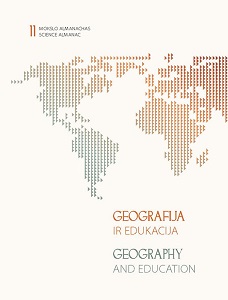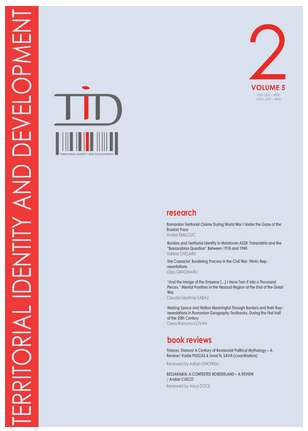Author(s): Faicel Tout / Language(s): English
Issue: 1/2023
Through this research, we try to identify the policy of prevention and management of disasters related to the risk of flooding in Algeria, especially by knowing the degree of integration and interest of the State in this risk, and by examining the completeness of legislation and regulation, their complementarity or not, their realistic effects, and the extent of effective control over the phenomenon, and from there, the research focused on various legislation related to land use, insurance, institutional organization, legislation on water evacuation, dam safety, construction techniques for protection, infrastructure, public hygiene, environmental protection, organization of emergency response, first aid, warning systems, information methods, control and maintenance, attempts to raise awareness and rehabilitation. And the construction laws and the knowledge of their real weight. The research has shown late interest in this aspect, as it has clarified some of the problems that prevent finding practical ways to protect cities, such as the lack of plans indicating areas at risk of flooding, the lack of real programming of these plans, the lack of control of irregular urban expansion, the lack of separation and detail in the general guidelines for cities and rural areas in the field, and the lack of control of the tasks assigned to the Local authorities in this aspect in the legal texts, especially with regard to the municipality, the absence of private institutions for insurance for this type of risk and the absence of specialized teams for disaster relief. The research also indicates some means that allow better protection of the risk, such as the possibility of relying on historical plans as a temporary and conditional measure for areas that have been exposed to floods in order to pass the prevention policy on the ground and try to exploit remote sensing techniques and develop modelling methods to achieve real predictions and simulations of areas at risk.
More...
